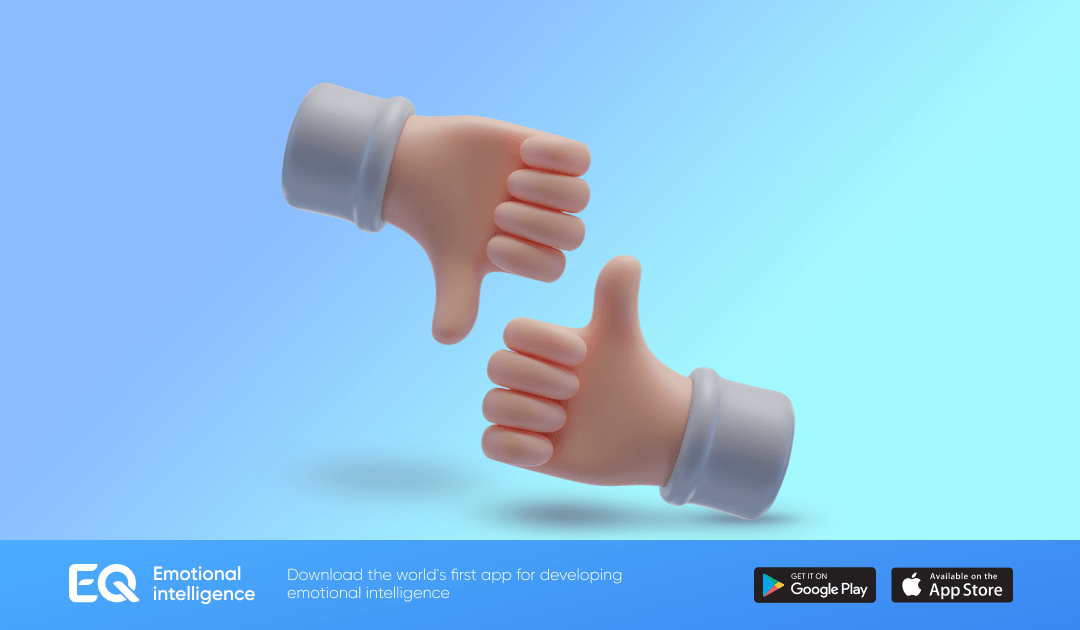Evaluative judgment is a subjective assessment by a person of any environmental phenomenon. Simply put, it is an opinion that is most often expressed using evaluative concepts. We are used to using them in everyday life, for example, whether it is good or bad. Thus, we explain our position regarding a specific subject, person or phenomenon.
Evaluation judgments are usually divided according to their orientation. We can talk about three types:
Factual or objective judgments record those events that happened in life. Simply put, an event that has been recorded by humans or special instruments, and has been preserved in any form or has evidence. Actual theoretical value judgment can be the result of both one’s own and someone else’s experience.
An evaluative judgment is a subjective opinion, which may even belong not to a specific person, but society as a whole. This type of judgment reflects the individual perception of the fact.
Theoretical judgments are information based on the experience of more than one generation. To have actual evaluative theoretical judgments, it is not necessary to be a scientist or understand science. Even an ordinary person can gain scientific experience.
Tension in the dialogue occurs when someone else’s opinion goes beyond the author’s life and begins to push the personal boundaries of other people. Some people are annoyed by it, it even affects their honor and dignity.
How to make value judgments safely?
Don’t go beyond your boundaries
Try to speak only for yourself when you tell how you liked or did not like this or that movie, coffee in a cafe, the weather outside the window, or an advertising campaign. Use “I-statements” to express your opinion.
Do not take other people’s value judgments at your expense or too close to your heart
A person who begins to refer to “all normal people” in his evaluative judgments is primarily trying to give weight to his opinion, and not to confirm it with facts. After all, the criteria for normality are different for everyone.


Recent Comments